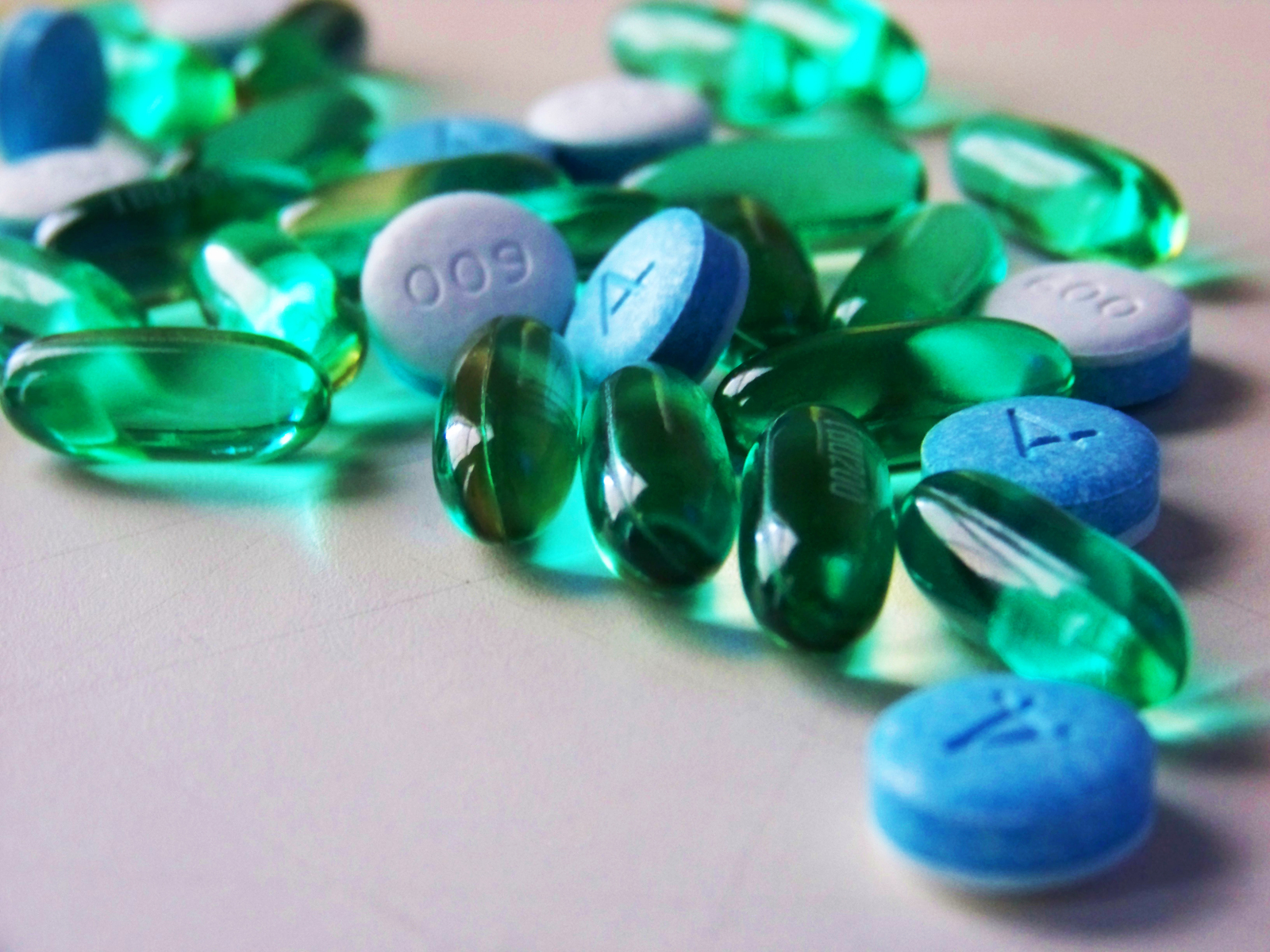Commonly-used stomach ulcer drugs could increase your heart attack risk by up to 25%, a new study has shown. 
Proton Pump Inhibitors - PPIs - like omeprazole or lansoprazole, which block stomach acid production and are used to combat stomach ulcers and oesophageal reflux symptoms, are one of the world's most popular remedies with a glogal sales turnover of $14 billion in sales annually.
But now, by analysing the medical records of almost 3 million Americans, Stanford researchers Nigam Shah and Nick Leeper, writing in PLoS One, have found that patients on proton pump inhibitors have a 15-20% greater risk of suffering a heart attack compared with patients not using the agents.
The findings came to light after the Stanford team used a computer to comb through more than 16 million electronic entries in patient records to tie cardiac outcomes to drug use. Patients on proton pump inhibitors had a significantly higher rate of heart attacks compared to patients not taking these medicines.
Critically, the team don't think their finding is just down to people who are already ill being more likely to take proton pump inhibitors. "We looked at that," says Leeper. "And patients on a different class of stomach ulcer treatment - anti-histamines, which also suppresses stomach acid but via a different mechanism - did not show any increased heart attack risk. So we think the increase in cardiac risk is specific to PPIs."
Worryingly, these drugs are available over-the-counter without prescription, which means that the level of exposure among the general population is very significant and the health impact could be enormous.
At the moment, the scientists aren't sure how the drugs are linked to heart attacks, but one plausible theory is that they are affecting how blood vessels function. "We've found that PPIs block an enzyme called DDAH (dimethylarginine dimethlyaminohydrolase)," explains Leeper. "This breaks down a chemical called ADMA (asymmetric dimethyl arginine), which blocks how blood vessels relax."
In fact, research by Leeper and his colleagues has shown in cultured cells that PPIs increase the levels of ADMA by up to 30%, potentially altering blood vessel function quite dramatically.
The team caution that patients should not change their medication based on these findings but should instead talk to their doctor to discuss their individual level of risk.
Dying of a bleeding stomach ulcer to reduce the risk of a heart attack is not a sensible price to pay. However, "In the US, every 34 seconds someone will have a heart attack," says Leeper. "So the public health impact of what we have found could be massive."










Comments
Add a comment